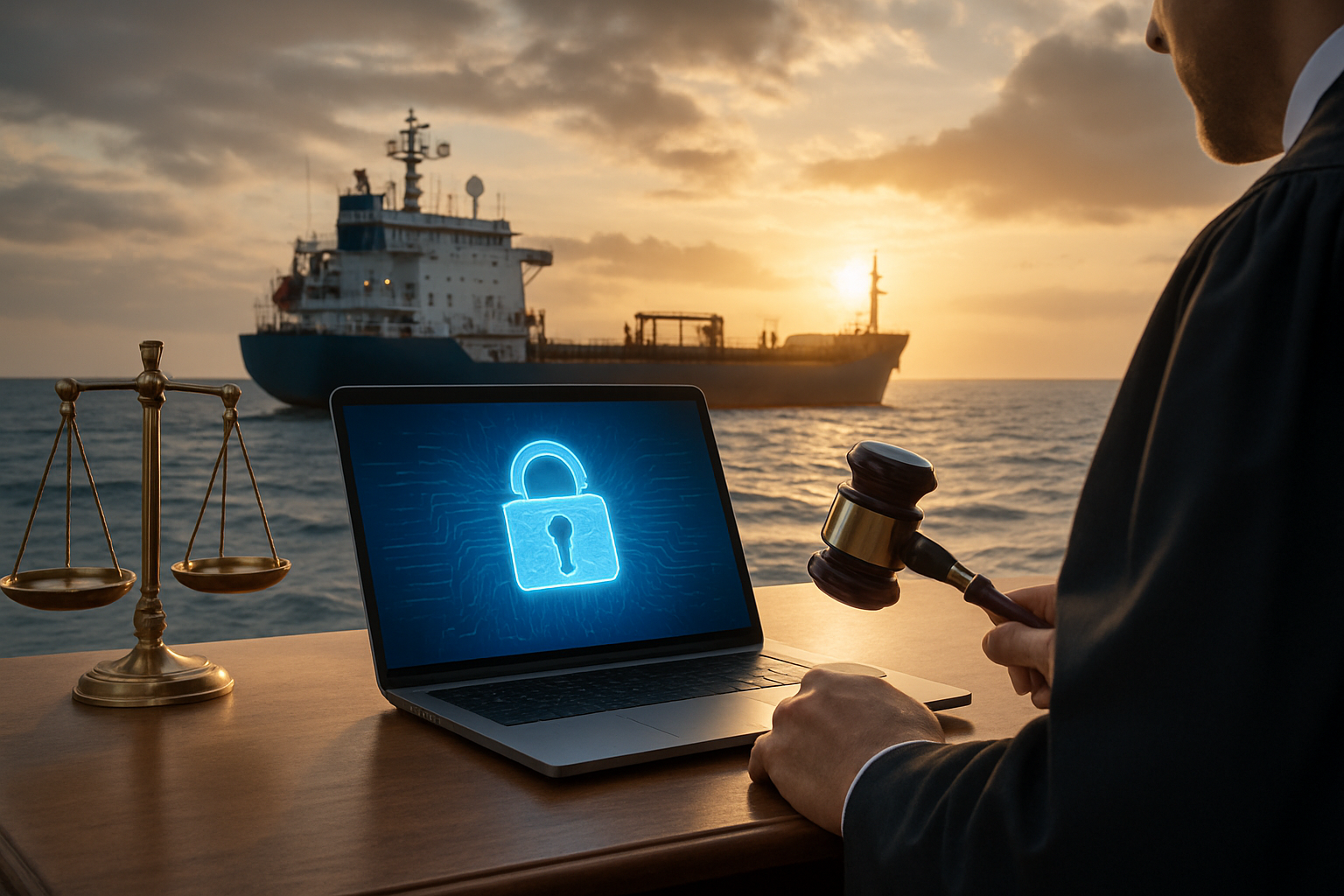Title: Admiralty Law's Modern Challenges in the Digital Age
Introduction: In an era of autonomous ships and cyber threats, admiralty law faces unprecedented challenges. This centuries-old legal framework, designed for traditional maritime operations, now grapples with technological advancements that reshape the seascape. As we navigate these uncharted waters, the legal community must adapt to ensure justice and safety on the high seas.

Autonomous Vessels: A Legal Conundrum
The advent of autonomous ships presents a significant challenge to traditional admiralty law. These vessels, operated by artificial intelligence and advanced sensors, raise questions about liability, responsibility, and the very definition of a “captain” under maritime law. Who is accountable in the event of a collision or environmental disaster? How do we apply concepts like “seaworthiness” to a ship without a human crew? These questions demand a reevaluation of longstanding legal principles and the creation of new regulatory frameworks.
Cybersecurity and Maritime Law
As ships become increasingly connected and reliant on digital systems, cybersecurity emerges as a critical concern in admiralty law. Piracy, once limited to physical attacks, now includes cyber-attacks that can compromise navigation systems, cargo manifests, or even take control of a vessel remotely. The legal community must grapple with defining cyber piracy, establishing jurisdiction in these cases, and developing international cooperation to combat these threats. Additionally, the concept of “seaworthiness” may need to expand to include cybersecurity measures.
Environmental Regulations in the Digital Age
Admiralty law has long addressed environmental concerns, but the digital age brings new challenges and opportunities. Advanced sensors and satellite technology now allow for real-time monitoring of emissions and potential pollutants. This raises questions about privacy, data ownership, and the admissibility of such evidence in legal proceedings. Furthermore, as ships become more environmentally friendly through technological innovations, admiralty law must evolve to encourage and regulate these advancements effectively.
Jurisdictional Complexities in a Connected World
The borderless nature of the internet and the increasing interconnectedness of maritime operations complicate jurisdictional issues in admiralty law. When a cyber-attack on a ship occurs, determining the appropriate jurisdiction for legal action can be challenging. The attack might originate from one country, affect a ship registered in another, while operating in international waters. This scenario highlights the need for international cooperation and potentially new legal frameworks to address these multi-jurisdictional disputes effectively.
The Future of Admiralty Law Education and Practice
As admiralty law evolves to meet these modern challenges, legal education and practice must also adapt. Law schools may need to incorporate courses on maritime cybersecurity, autonomous vessel regulation, and the intersection of technology and traditional maritime law. Legal practitioners in this field will need to develop a new skill set, combining traditional admiralty law knowledge with an understanding of emerging technologies and their legal implications.
Conclusion
The digital age presents both opportunities and challenges for admiralty law. As we sail into this new era, the legal community must navigate carefully, balancing the need for innovation with the preservation of time-tested legal principles. By addressing these modern challenges head-on, admiralty law can continue its centuries-long tradition of adapting to the changing seas of maritime commerce and activity. The future of admiralty law will require creativity, international cooperation, and a willingness to rethink fundamental concepts to ensure fair and effective governance of our oceans in the digital age.





